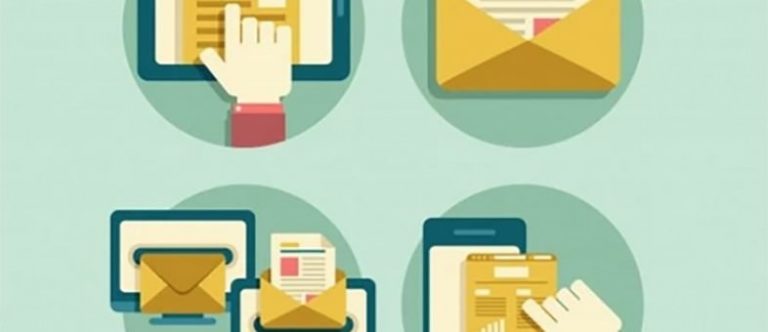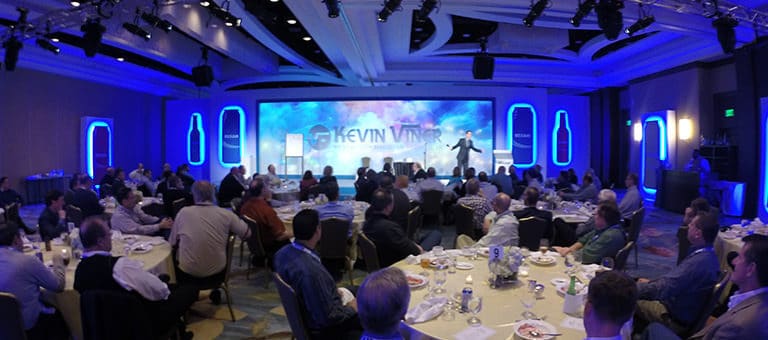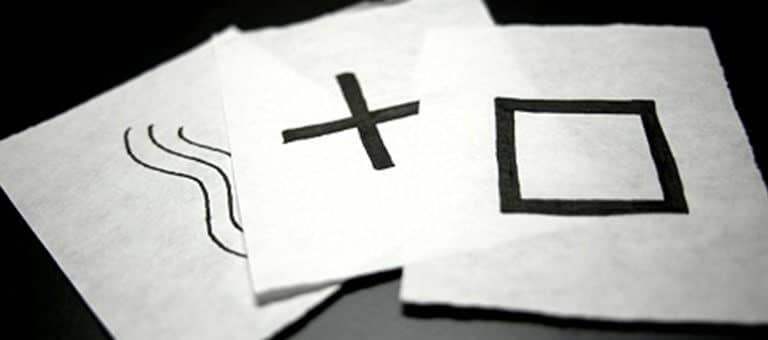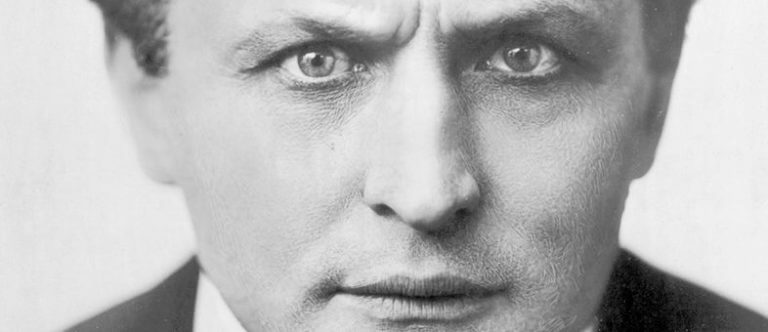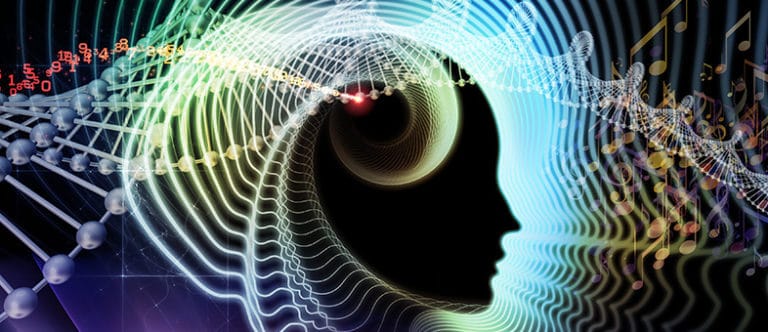Surprise: An Emotional Multiplier
At one of my recent events, a client shared with me their company’s mission statement. The final word was “Exceed,” which they meant as exceeding their clients’ expectations.
For this particular company, there isn’t much they can do to go above and beyond in a traditional sense. Their hands are bound by numbers and regulations, and they don’t really have leeway to offer many services or features different from their competitors. But one thing that they can do is give their clients what they expect in a way that they didn’t see coming. In other words, surprise them.
In the 1999 film The Sixth Sense, M. Night Shyamalan created an ending that nobody saw coming. Largely in part to this surprise climax, the film went on to become one of the most successful horror movies of all time. The Harvard Business Review says that surprise is one of the most important tools in a marketing toolbox. And in my own show, I’ve built in surprises to leave the audience with an experience they will never forget.
But what exactly happens when we’re surprised, and why do we enjoy it so much?
According to research by Emory University and Baylor College of Medicine, scientists found that surprise can trigger the release of dopamine through increased activity within the nucleus accumbens (one of the “pleasure centers” in the brain). Scientists randomly squirted either fruit juice or water into the mouths of 25 participants. The patterns of the squirting were either predictable or unpredictable. When the scientists squirted the liquid in an unpredictable pattern, MRIs showed that the brain’s activity in its pleasure center was much more pronounced than when the liquid was squirted predictably.
Psychologists like Robert Plutchik have classified emotions into primary categories like anger, fear, bliss, love, etc., and it appears that surprise amplifies whatever state we are feeling. Think about when you watch a horror film – the adrenaline starts coursing through your veins as the music darkens. You know that you’re about to be surprised, and your fight or flight response kicks in. On the contrary, “good surprises” (flowers, promotions, etc.) make us much happier than if we had expected them.
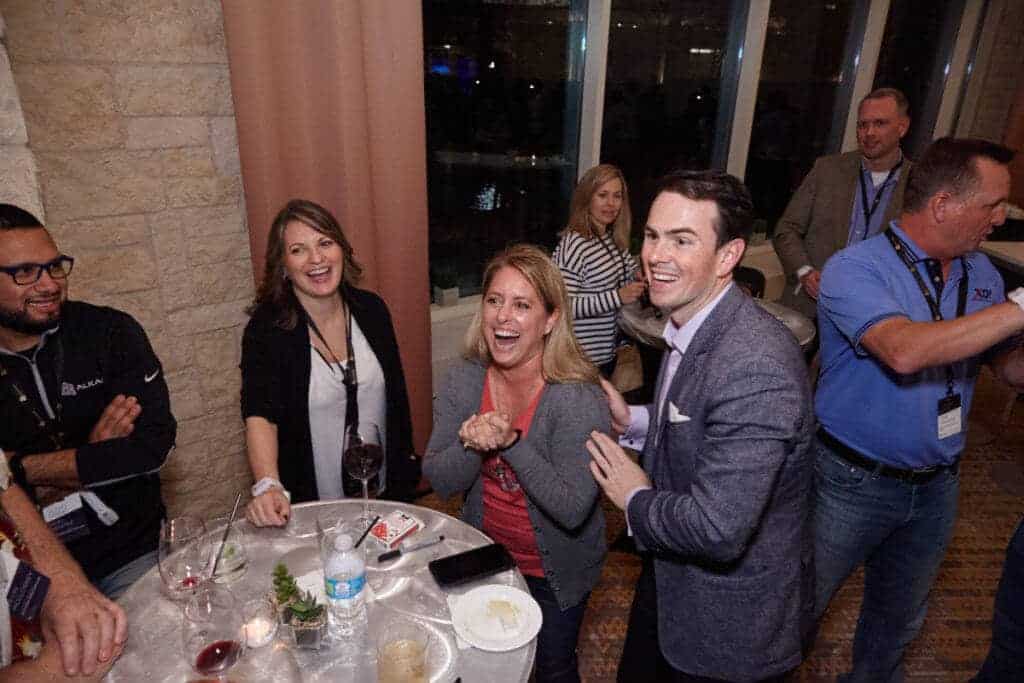
So look for ways to give people “good surprises,” realizing that you can harness the power of surprise as an emotional multiplier. Bring your wife flowers unexpectedly. Give your customers things that make them feel good, even if it’s just a larger smile than your competitors. A genuine, caring smile can be a huge surprise to your customers. Think about ways to meet your customers’ needs while giving them even MORE than expected. And if you, like my recent client, can’t give them more than your competitors from a product or line item perspective, allow your customer service to be the pleasant surprise.
After all, dopamine is a powerful neurotransmitter, and it can’t hurt to foster a company that encourages its release in your clients. Stop focusing on your new corporate white paper, and start focusing on truly surprising your customers in an innovative way.
Kevin Viner
I’m a professional mentalist who travels the world performing. Beyond my profession, my interests include writing music, guitar, aviation, martial arts, and mathematics.

